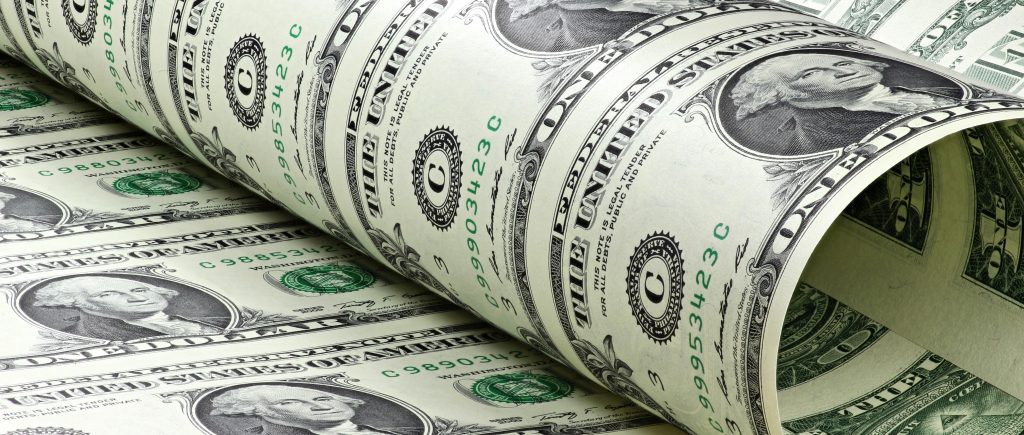Trump as well as other Wall Street forces attempt to limit the Fed’s independence. Though it refrains from attempting to sway interest rate decisions, the White House wants more authority over Fed operations, including financial regulation.
On February 12, Fed Chair Jerome H. Powell gave a testimony before the House Financial Services Committee on Capitol Hill. Late Tuesday, the Trump administration issued a new executive order asking for greater authority over government institutions that have historically had day-to-day autonomy, taking another stab at the government Reserve’s independence.
The White House executive order attempted to seize all of Wall Street’s largest regulators and subject their budgets to the control of the White House budget office, despite claiming to safeguard the Fed’s monetary policy, including its ability to set interest rates.
Jerome Powell was questioned by Congressman Brad Sherman last week during a meeting of the House Financial Services Committee. “Fed Chairman Jerome Powell might be one of the only people left in Washington with support on both sides of the aisle,” said Representative Sherman. “At today’s hearing, I urged Powell to maintain the Fed’s independence and ignore demands by Trump.”
The US central bank has functioned as a separate government organization for more than 70 years. For good reason, officials do not consult the president or other elected officials when they convene to determine the appropriate interest rate.
This is because central bankers’ role is to take the punchbowl away just as the celebration is beginning, as one former head of the Federal Reserve famously stated. To put it another way, they must make difficult choices that will eventually help the economy. But the Fed’s independence could be compromised once the White House persists on so doing.
“The president ought to have at least some input, in my opinion. In reference to the Fed’s interest rate decisions, Trump stated, “I feel that strongly,” during a press conference in August. “I earned a lot of cash. I achieved great achievement. Additionally, I believe my intuition is superior to that of many members of the Federal Reserve, including the chairman,” Trump added.
It’s uncertain if Trump or any other president could remove the Fed’s independence without the consent of Congress. Following a flurry of criticism, Trump attempted to retract his earlier remarks. Less than two weeks after asserting that he should have a voice, Trump stated in a recent interview that “a president certainly can be talking about interest rates because I think I have very good instincts.”
“I should have the right to discuss it like everyone else, but that doesn’t mean I’m making the decisions”, he stated. There aren’t many popularity contests that the Fed is likely to win. Politicians and citizens alike frequently despise the Fed’s economic medication; ask anyone who just had to pay 8% for a mortgage.
However, in order to control stubbon inflation, the Fed maintained rates at a two-decade high for a year in spite of pleas to cut rates sooner. They didn’t cut until September at last. By that time, a number of political leaders had previously called for lower rates, but it’s likely that their views went unheard at monetary policy meetings.
Interest rate cuts that were made too quickly ran the risk of rekindling inflation, which is currently only a tenth of a percentage point above the Fed’s target of 2%. By making it more costly for consumers and businesses to borrow money, higher rates typically help control inflation by preventing prices from rising quickly.
Fed Chair Jerome Powell told reporters in September that nations with independent central banks often had lower inflation because of this, following a half-point rate cut by central bankers.
“I hope and firmly believe that it will continue because it’s a good institutional arrangement that has benefited the public,” he said.

 Noor Trends News, Technical Analysis, Educational Tools and Recommendations
Noor Trends News, Technical Analysis, Educational Tools and Recommendations




